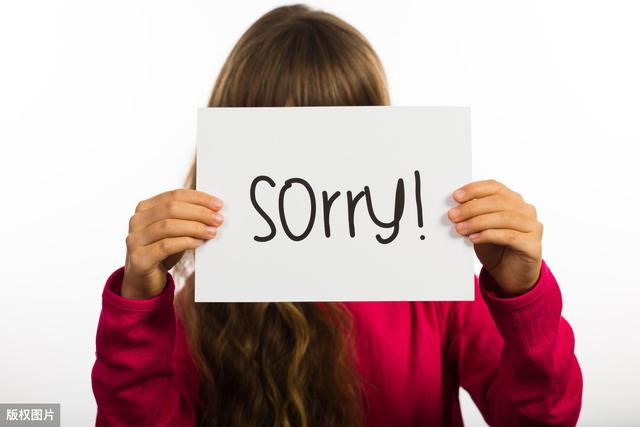
1.from now on/ from then on
from now on“从现在起”,是以现在为起点延续下去,谓语通常用将来时态。from then on“从那时起”,是以过去为起点延续下来,谓语通常用过去时态和完成时态。如:
① She is going to live with you from now on. 从现在起我将刻苦学习。
② From then on, he hasn’t seen his uncle again. 从那以后他再也没有看见他叔叔了。
2.fill/ full
Ⅰ.fill为及物动词,表“使……满”,常与介词with搭配,表达“被……充满”时用be filled with结构。如:
① The bottle is filled with water. 这只瓶子装满了水。
② He was filled with joy at the news. 听到这个消息,他内心充满了喜悦。
Ⅱ.full是形容词,多作表语,表示主语所处的状态,常见于be full of 结构中。如:
① The schoolbag is full of books. 书包里装满了书。
② He drew in an old badsket full of sand.他捞上来一个灌满泥沙的旧蓝子。
[注]:be filled with = be full of .可以互换。但介词with与of 不能混淆。如:
The room is full of people. = The room is filled with people.
3.farther/ further
father, further都可以是far的比较级,意为“较远、更远”,但further除此之外,还有“更进一步,此外的”等意思,既可以作形容词,也可以作副词。如:
① They made further arrangement. 他们作了进一步的安排。
② I may be able to give you some further information about it. 关于这件事,我可以提供另外一些信息。
③ She didn’t argue further about it. 她对此不再争论了。
4. excuse …for/ excuse … from
Ⅰ. excuse … for “原谅某事”。如:
① He excused me for being late. 他原谅我迟到了。
② Please excuse me for using your telephone without asking permission. 请原谅我没经你允许就用了你的电话。
Ⅱ. excuse … from “使免于……,允许不……”如:
① The teacher excused him from the examination. 教师同意他免试。
② The boy was excused from doing housework. 允许这男孩不做家务事。
5.every one/ everyone
Ⅰ.every one是“每个”的意思,通常指物,后面常跟of短语。但跟of短语的every one既可指人,也可指物。具体指什么要看of短语的内容。如:
① He ate up every one of those apples.他把那些苹果一个个都吃完了。
② Every one of us went there. 我们每个人都去了那儿。
Ⅱ.everyone是代词(=everybody),意思是“每个人、人人”,但一般不指具体哪个人,后接单数动词。如果需要跟物主代词,应用their或his,其后不跟of引起的介词短语。如:
① Is everyone here?
② Everyone can do it.
[注]every one后不与of连用时,即可指人又可指物,指人时与everyone 相同。如:
Everyone (every one) can do it.
every one与of连用必须分开写。
everyone 与not连用,只表示部分否定,并不是每个人的意思。
,




